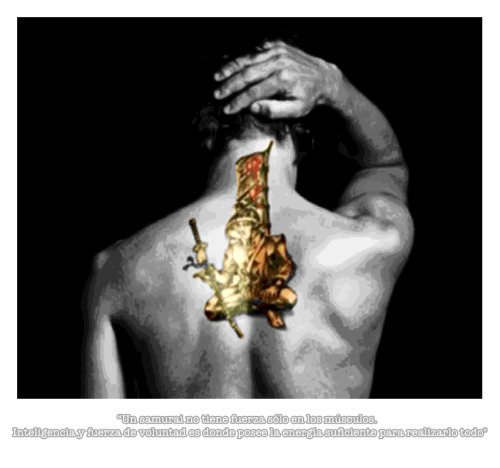I don't see it that way. The direct injection at comrpession is ussually for lean running. Fuel will be injected on the uprstroke.
And i agree that it's the same whiteblue who though direct injection anwyhere over 10,000rpm is not possible, who is now saying injecting at 15000 in the smallest time gap right before complete compression will be the norm.

10.5 is about right, 12.5 doesn't yeild much power gains, using my little engine calculator with all things being equal. I got a 12hp increas, with 0.85lb of boost, 40c intake air temp, 559 to 572 hp.
This is with the 27.8g/s flow.
Is 12hp worth it?
Maybe but it depends on the other factors.







